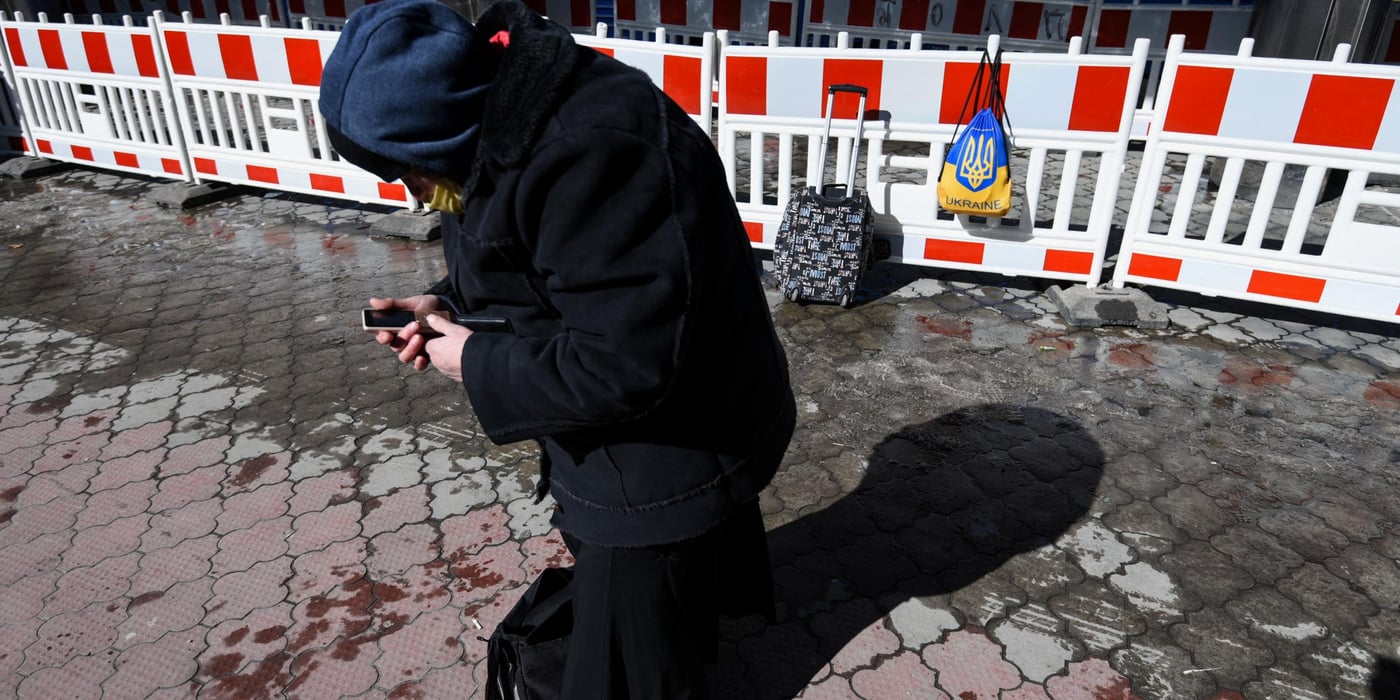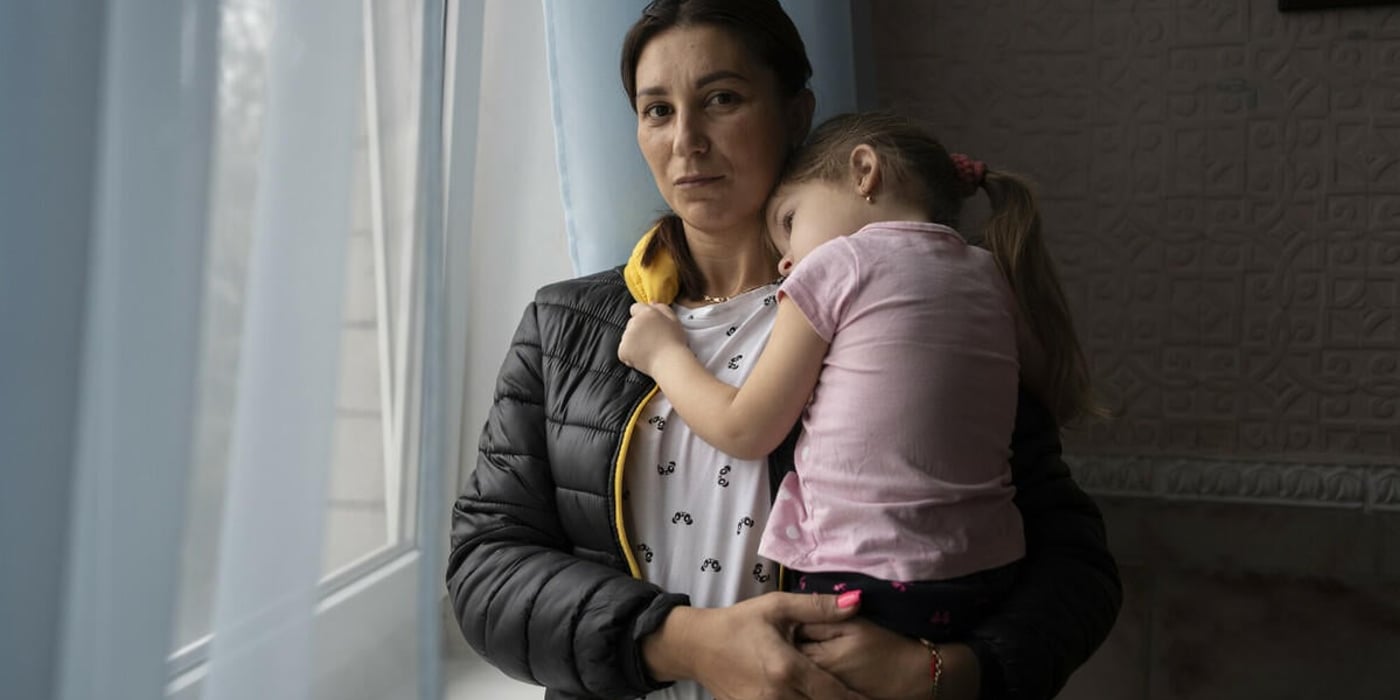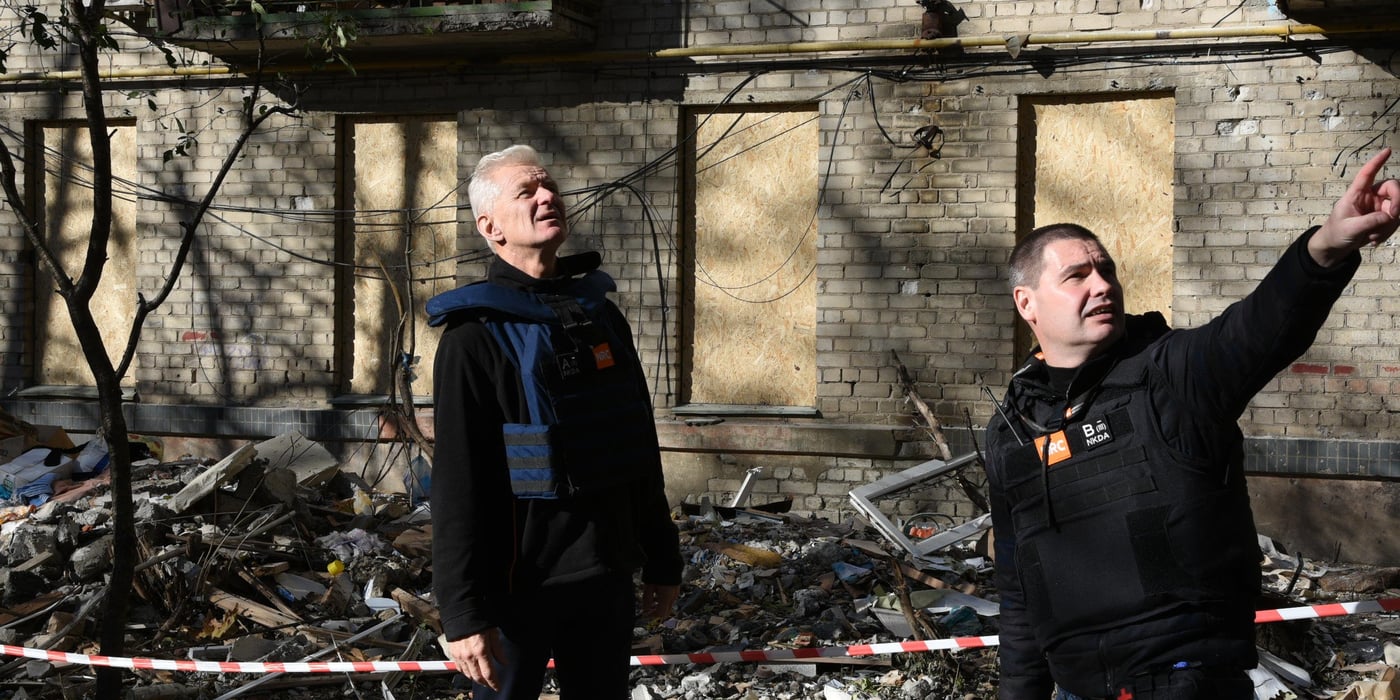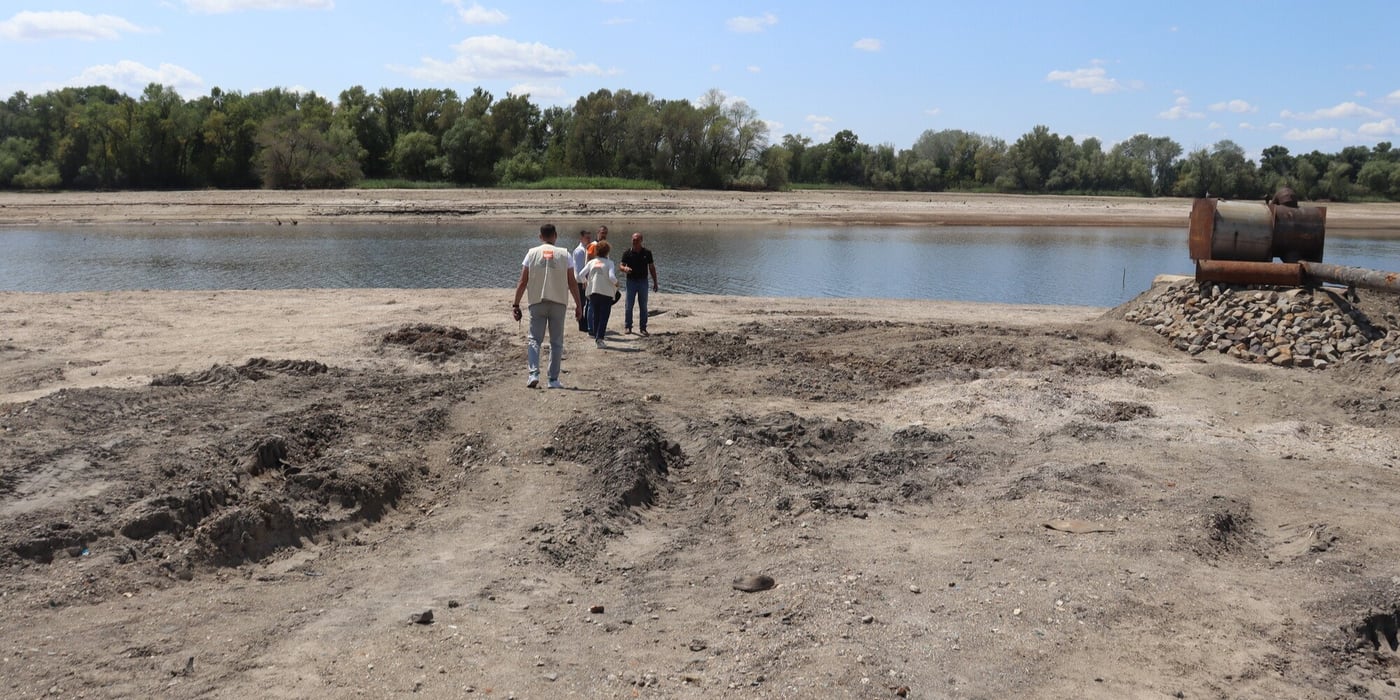
“Our hot-line is functioning, and people can call for information and advice. They are desperate and scared, and they have many unanswered questions,” says Ganna Dudinska, NRC’s Advocacy Manager.
In addition to the hot-line, we provide critical information via our own Facebook page, and we use Viber and email to communicate and answer questions.
"Many people are wondering how to find safe escape routes out of the country for themselves and their children, and they have questions related to asylum applications,” says Ganna..
Our teams provide detailed information about roads out of war zones, train schedules and updates from the authorities.
People are desperate, and many break down in tears when we talk to them. Ganna talked to a woman from western part of Ukraine:
“I cannot imagine how long it will take to rebuild our country,” the woman shared with her through tears. “But the most important thing is that the shelling and violence stops. I am afraid of the future for my children. They are so small. They haven't lived this life at all.”
Ganna Dudinska, NRC’s Advocacy Managersays that it is civilians who pay the highest price. “Hundreds of thousands of people are without water, electricity, gas and transportation. In cities such as Irpin, Bucha, Volnovaklha and Mariupol, the situation is critical. Here are people in bomb shelters and basements – without access to water or food."
Read more the people who are trapped in bomb shelters.
We will give cash
We have now started registrations and soon we will be handing out money to those who need it the most. The first location is the Terponil region, which has become a gathering place for displaced people.
“We are working with local partner organisations, using their local field capacities and our emergency aid teams to identify those who need money the most,” says Ganna Dudinska.
Many of our 70 employees are currently fleeing themselves. We now have 32employees currently operational inside Ukraine.
Help for 800,000 people
Our employees are working hard to bring aid to Ukraine from our crisis operations in neighbouring countries.
“We are now trying to set up a supply chain from Poland and Romania to our emergency aid depots in western and central parts of Ukraine,” continues Ganna.
We are also in the process of setting up an office in Poland and our emergency relief team are planning for major and long-term operations in Romania and Moldova.
The goal is that over the next six months, we will be able to reach out with lifesaving help to 800,000 people inside Ukraine and neighbouring countries.
“We need all the support we can get”
“The war in Ukraine has created a refugee crisis we have not seen in Europe since the Second World War. At the same time, the crisis has triggered enormous generosity,” says our Secretary General, Jan Egeland.
He says that the response from both individuals and corporate companies has been enormous. “I do not think we have seen this scale of commitment since the tsunami hit in 2004,” says Egeland.
“An extraordinary crisis also requires an extraordinary effort, and the support from donors will therefore be absolutely crucial for us who will provide life-saving help to the many people who are now displaced.”
We're grateful to our donors for the continuous support
Norwegian Ministry of Foreign Affairs, European Union, Ukraine Humanitarian Pooled Fund, USAID's Bureau for Humanitarian Assistance, Swedish International Development Cooperation Agency, UNHCR, French Ministry of Foreign Affairs, German Federal Foreign Office, Belgium Directorate-General for Development Cooperation and Humanitarian Aid.




